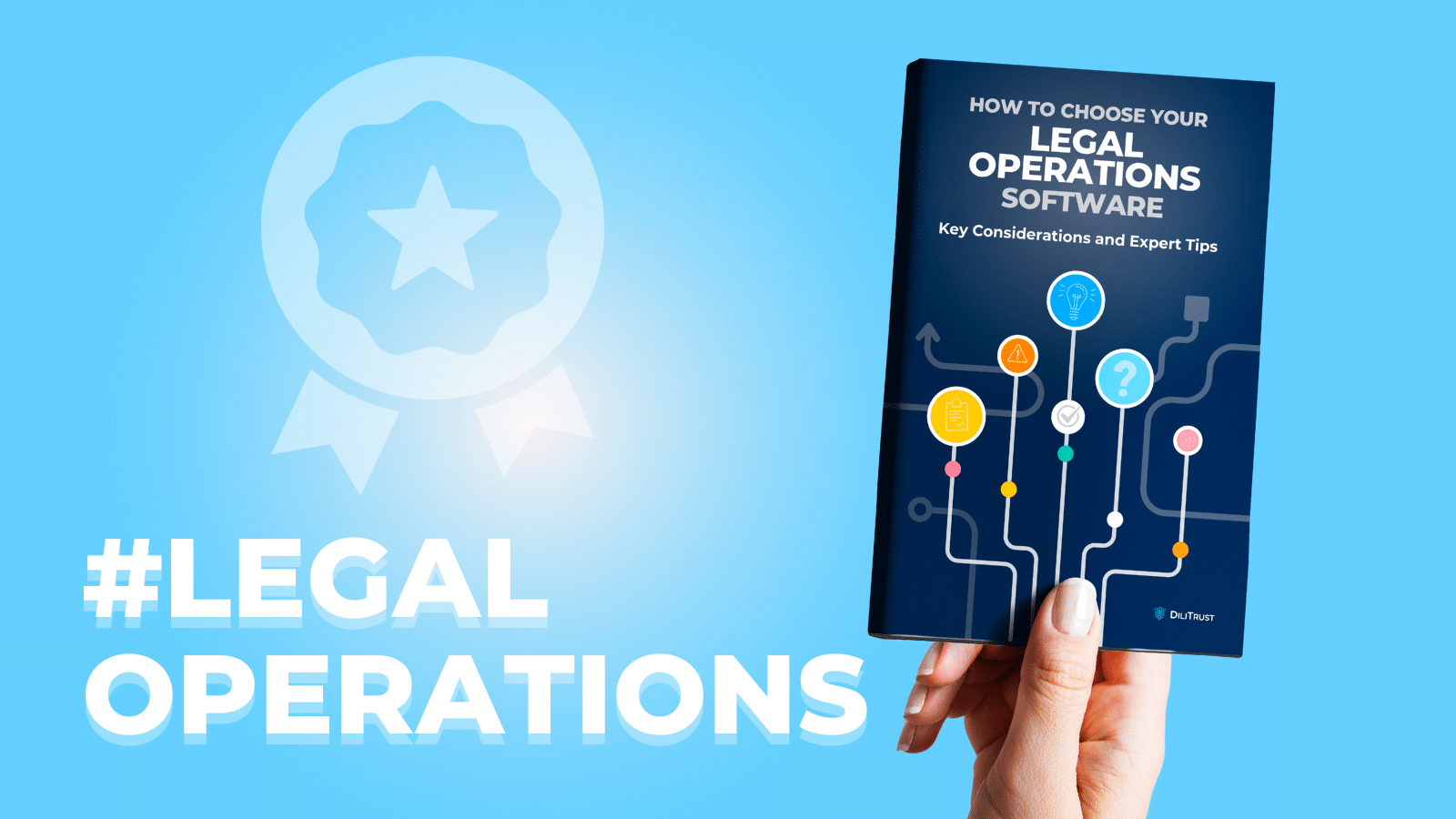If you read our security content series, you’ll know that DiliTrust has held the ISO/IEC 27001:2013 certification relating to information security management systems (ISMS) for some time now. The company also has the extension specifying requirements for the ISO 27701 privacy management system (PIMS). This certification, issued by AFNOR in France, attests to the high level of security provided by DiliTrust to its customers and partners.
Whether you’re a user or a publisher of B2B SaaS software. The issue of security will become more central every day.
That’s why we’ve decided to offer you educational content to help you learn and understand all about these standards. We’ve also decided to share our teams’ experience with you. This will enable you to grasp the stakes, benefits and conditions of these certifications.
Reminder: What is an ISO/IEC Certification
What do these certifications mean?
ISO/IEC certifications are international standards guaranteeing the quality and security of information systems. They enable companies to structure their processes to meet security and data protection requirements. These certifications are awarded after a rigorous audit, guaranteeing that the organization follows best practices in information management and protection.
Why were certifications introduced?
ISO/IEC certifications are designed to help organizations improve their management systems and ensure optimum levels of information security. They meet precise requirements for protecting data against cyber-attacks, minimizing risk and ensuring greater regulatory compliance. What’s more, they reinforce the confidence of customers and partners by attesting to effective information security management.
Authorized Certification Centers
Only accredited organizations can certify companies to ISO/IEC standards. In France, AFNOR and other recognized bodies carry out these audits and award certifications after verifying the conformity of the processes in place. These bodies also assess compliance with requirements and ensure that best practices are applied on a long-term basis.
Steps of a Certification Process
Key Stages in the Certification process
To achieve certification, it is essential to follow a structured, multi-step process:
- Needs and requirements analysis: Understand the requirements of the standard. Identify gaps between current practices and those required.
- Setting up a management system: Define a compliant, structured system to meet certification criteria.
- Team training: Train employees in best practices and safety procedures.
- Carrying out an internal audit: Perform a pre-audit to identify areas for improvement before the official audit.
- Certification audit: An accredited body carries out the final assessment to award certification.
- Monitoring and continuous improvement: Compliance must be maintained over the long term. This is achieved through regular audits and system updates.
Why Training Matters in the Certification Process
Training plays a key role in the success of the process. A well-trained team applies best practices more effectively, and ensures lasting compliance. It is therefore advisable to invest in training sessions tailored to your company’s needs.
The Certification Audit Stage
The certification audit is the final phase of the process. Carried out by an accredited organization, it verifies that the system in place meets the requirements of the standard. A successful audit enables the company to obtain certification, and highlights its commitment to safety and service quality.
ISO/IEC 27001:2013 Certification: Is There a Right Rime to Do it?
No Right or Wrong Time for a Certification Process
Why should we? Because implementing an ISO/IEC-compliant system always adds value. This is true regardless of a company’s stage of development. However, each phase presents specific benefits and challenges. These phases require a strategic assessment before embarking on the process.
Case 1: The Company is in its Early Stages
Although the company is in its first few months of existence, the team is rather small and resources rather limited. What’s more, few safety processes have been put in place.
In this case, it may be worthwhile to focus the company on safety, and embark on the adventure of certification! In fact, it’s unlikely that any processes already exist, and any newcomer can easily comply. You can see the contradiction: when a company is in its infancy, it has strong growth objectives. So, the following questions arise:
- Will the team choose to go it alone? Does this mean allocating a considerable amount of work time, even if it means performing less efficiently (e.g. signing fewer customers)?
- Will it call in a firm to support it? Or hire a full-time Compliance Officer, or a trainee? This would make certification simpler, but would also increase the cost.
Good to know: the cost of external support for ISO/IEC 27001:2013 certification is around 30,000 euros.
Read also: DiliTrust is ISO/IEC 27001:2013 certified
Case 2: The Company is in the Growth Phase
If the company is at an intermediate stage, taking on the subject of safety can be seen as a brake on hypergrowth.
In this case, it’s not necessarily easy to implement new safety-related processes, and the financial resources and time required to obtain certification can slow down development.
On the other hand, the benefits of ISO/IEC 27001:2013 certification are palpable! Particularly if the company wants to sign up major groups, which have stringent requirements in terms of security. Certification will be a way of differentiating the company from the competition, and in this sense, it will be a way of boosting long-term growth.
Good to know: the audit at the end of which certification may or may not be issued takes place approximately one year after the start of the preparatory work. This timeframe must be taken into account. The benefits of certification are felt over the long term.
Case 3: The Company is Well Developed and Established
If the company is well-developed, there are few constraints on the time and financial costs of certification. As the company is relatively well-established in its market, there is little impact on growth. And certification can give the company a real competitive edge. Particularly for customers with high security requirements.
But at the same time, the certification process is much more complicated to launch. That’s because you have to change all the company’s processes, train all the teams, change the way people think… Everything is much more complex than in case 1 or 2, but don’t worry, it’s not insurmountable either.
Good to know: If your customers are in the banking, insurance or finance sector, security is a key issue for the company, and ISO/IEC 27001:2013 certification will be more than appreciated! However, not all sectors are concerned, so ask yourself what value it will bring you. For example, if you work in B2C, will certification really be useful?
Conclusion
Embarking on ISO/IEC 27001:2013 certification is a strategic decision that needs to take into account a company’s resources, level of maturity and ambitions. Thanks to a well-structured system and good preparation, it is possible to certify your company and reinforce its credibility. A successful audit and good process management will result in certification that enhances the value of the company and its partners.
Learn more about the DiliTrust Solutions.



